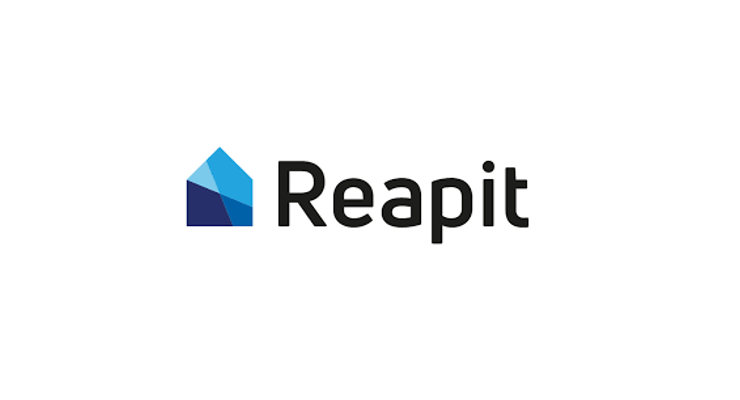Reapit report reveals agents’ long-term market confidence amid legislative challenges
Despite the significant challenges posed by a shifting economic landscape and the largest wave of housing legislation in decades, estate and letting agents remain steadfast in their confidence about their long-term future in the industry.
According to the first Reapit Property Outlook Report 2025, covering the full breadth of sales and lettings agency opinion countrywide, a remarkable 76.3% of property professionals surveyed remain committed to working in the sector for at least the next five years’ time – a marked increase from 66.1% in the previous year’s Rental Confidence Index published under the now-merged PayProp brand.
The survey highlights not only the resilience of the lettings sector but robust confidence within residential sales as well, where agents are contending with rising costs, purchase price affordability pressures, and buyer stresses including the ongoing reduction of stamp duty relief.
Dr Neil Cobbold, Commercial Director of Reapit, said:
“The challenges are well-documented, whether through legislation, tax changes or the economy, but our poll reveals that agents are continuing to show remarkable resilience.
“This year’s survey results show that sales and letting agents want to see how PropTech can help their agency improve productivity and develop new revenue streams to prepare for the challenges of the future.”
Navigating an evolving regulatory landscape
Reapit’s nationwide survey polled property professionals about their plans and opinions amid a raft of regulatory reform, including the impending Renters’ Rights Bill, new EPC requirements, changes to stamp duty and the leasehold system.
Agents ranked new regulations (59.7%) and new legislation (52.0%) as their top two concerns, with profitability following closely behind.
In the sales market, agents are adjusting to the latest stamp duty changes in April, which reduced the nil rate band from £250,000 to £125,000. This, combined with higher interest rates and stretched affordability, was cited as major barriers by over 50% of respondents. Yet, 43% still rate their local sales market as stable, with 38.3% describing it as performing well – driven in part by a rush of activity ahead of April’s tax changes.
Technology adoption driving growth
Across the board, agents are turning to PropTech solutions and business process automation to improve operational efficiency and protect margins.
The report found that:
61.6% agree PropTech is a worthwhile investment, with automation increasing in over half of agencies in the past year.
34.2% of agents are using technology to increase productivity.
Sales agents reported that conveyancing delays (60.2%), high competition (49.2%), and realistic asking prices (46.1%) were the biggest challenges to progression. Digital tools and process improvements are seen as key solutions.
“In both sales and lettings, the drive to adopt smarter technology isn’t just about reducing admin,” said Cobbold.
“It’s about allowing agents to handle higher volumes, serve customers faster, and maintain strong margins – even in a challenging market.”
Growth through acquisition
The survey revealed a strong appetite for growth through mergers and acquisitions.
Nearly 45% of respondents said they had either acquired or were considering acquiring another agency or rental book in 2024, with just 16.2% considering selling – a decrease from previous years.
In the sales market too, confidence remains firm. Over 39% of agents reported optimism about the future of residential property sales, with fewer than 23% feeling pessimistic – despite affordability challenges and tax headwinds.
“This confidence isn’t misplaced,” added Cobbold.
“While affordability and unduly long transaction times continue to trouble the sector, underlying demand for homes remains strong.
“The agencies that will continue to thrive are those that position themselves not just as brokers, but as trusted advisors who can guide clients on their journey to property ownership.
“There’s no question the operating environment is complex and there are still affordability barriers for first-time buyers and significant supply issues on the rental side.
“But it’s also clear that agents, across both sales and lettings, are prepared to adapt. Those who embrace change will not just survive but thrive in the years ahead.”









